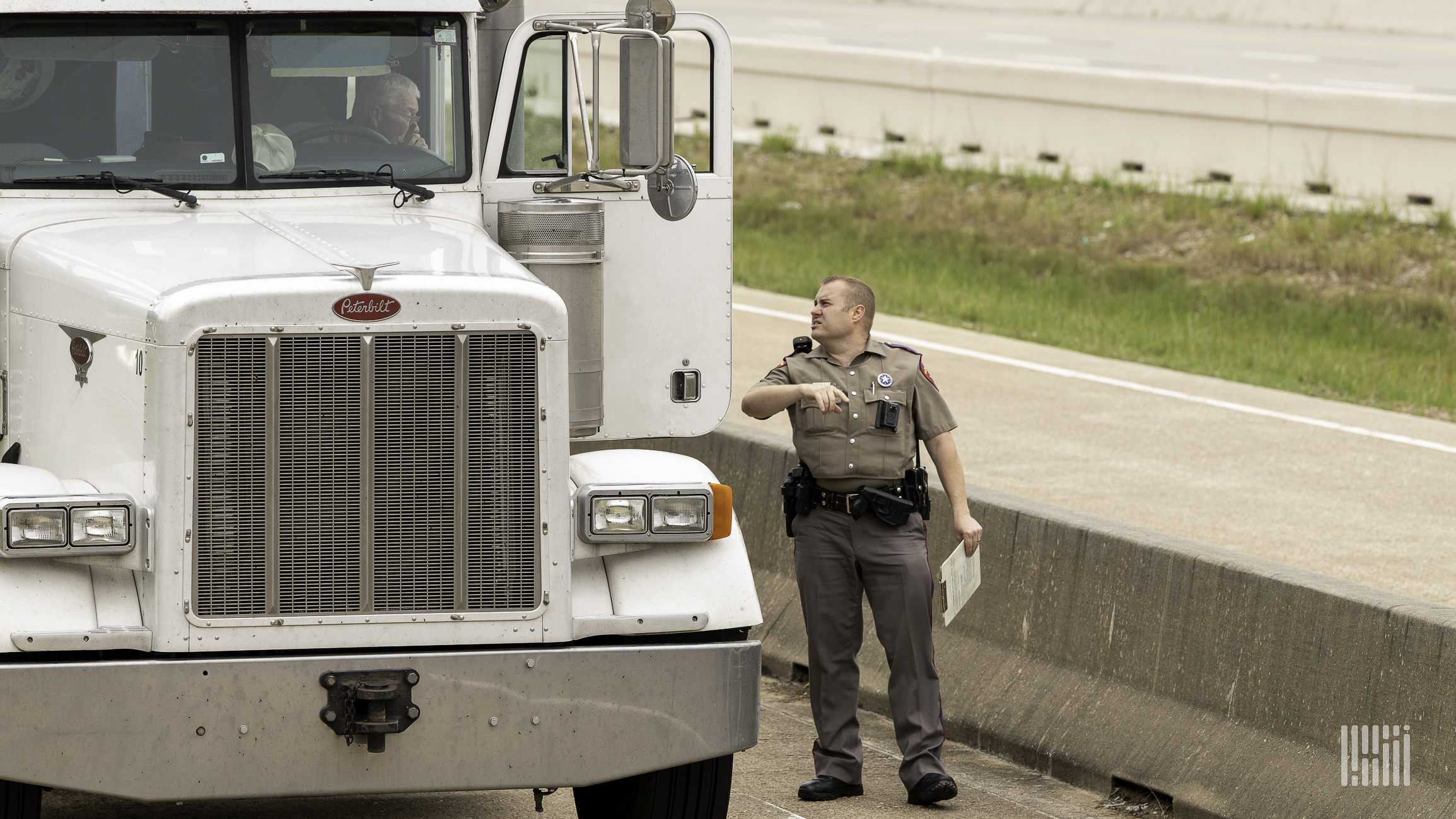California and Oregon have halted the issuance of non-domiciled commercial driver’s licenses (CDLs) following an emergency order from the U.S. Department of Transportation (DOT) aimed at tightening regulations for foreign truck drivers operating in the United States.
The directive, announced on September 26 by Transportation Secretary Sean P. Duffy, requires all states to immediately suspend issuing or renewing limited-term legal presence CDLs and commercial learner’s permits (CLPs) until new national verification standards are implemented.
Federal Action Follows Deadly Audit Findings
The crackdown comes after a sweeping Federal Motor Carrier Safety Administration (FMCSA) audit revealed widespread non-compliance in several states. The audit linked at least five fatal crashes in 2025 to non-domiciled CDL holders whose credentials were improperly issued or extended beyond their authorized stay in the country.
Also Read
“What our team has discovered should disturb and anger every American,” Duffy said in a press release. “Licenses to operate an 80,000-pound truck were being issued to dangerous foreign drivers—oftentimes illegally. This is a direct threat to every family on the road, and I won’t stand for it.”
Under the emergency order, states found to be issuing such licenses outside federal compliance standards could face steep financial penalties, including cuts to federal highway funding.
State Responses: California and Oregon Move Quickly
The California Department of Motor Vehicles (DMV) suspended the issuance and renewal of all non-domiciled CDLs and CLPs on Monday, while Oregon’s DMV followed on Wednesday, halting all forms of processing — including renewals, transfers, upgrades, and replacements.
Officials in both states said the suspensions would remain in effect until the DOT finalizes updated verification procedures for foreign applicants.
Oregon’s decision aligns with actions taken by several other states — Colorado, Pennsylvania, South Dakota, Texas, and Washington — which have also paused non-domiciled CDL processing to comply with the federal order.
According to the FMCSA audit, more than 25% of California’s non-domiciled CDLs were improperly issued, with some licenses remaining valid years after a driver’s legal immigration status had expired.
New Requirements for Non-Citizen Drivers
The DOT’s emergency order outlines stricter eligibility criteria for non-citizen applicants. Going forward, drivers seeking non-domiciled CDLs or CLPs must:
-
Hold a valid employment-based visa, and
-
Pass a mandatory immigration status verification through the federal SAVE (Systematic Alien Verification for Entitlements) database.
The intent, officials say, is to ensure that only legally authorized foreign drivers are granted permission to operate commercial vehicles on U.S. highways.
Financial Stakes for Non-Compliance
States that fail to comply risk losing federal transportation funding. For example, California could forfeit up to $160 million in federal highway aid within the first year of non-compliance.
According to FMCSA estimates, there are roughly 200,000 active non-domiciled CDL holders and 20,000 CLP holders nationwide. California alone had approximately 62,000 unexpired non-domiciled CDLs and CLPs as of June 1, according to data from The Eno Center for Transportation.
Texas Tops the List of Issued Non-Domiciled Licenses
Among states that have reported data, Texas holds the largest number of non-domiciled CDL issuances since 2015. The state has issued more than 3.2 million total CDLs, including 51,993 to non-domiciled drivers, according to a report by Overdrive Magazine.
In 2024 alone, Texas granted 6,265 CDLs to non-citizens, a number that has drawn increased scrutiny in the wake of the federal investigation.
Industry Impacts and Safety Concerns
Trucking industry leaders have expressed concern about potential disruptions to freight movement but acknowledge the safety concerns behind the suspension.
“This order will create short-term logistical challenges,” said one Oregon freight operator. “But ensuring that every driver on the road is properly vetted is essential for safety and for restoring public trust in our industry.”
As federal and state agencies work to implement the new standards, drivers and employers across the transportation sector are bracing for delays in license processing and certification renewals.
For now, both California and Oregon say their focus is compliance — and ensuring that when licenses are reissued, they meet the highest federal safety and verification standards.
The DOT is expected to announce the finalized non-domiciled CDL requirements later this fall, potentially reshaping how foreign commercial drivers are vetted across the nation’s trucking industry.












